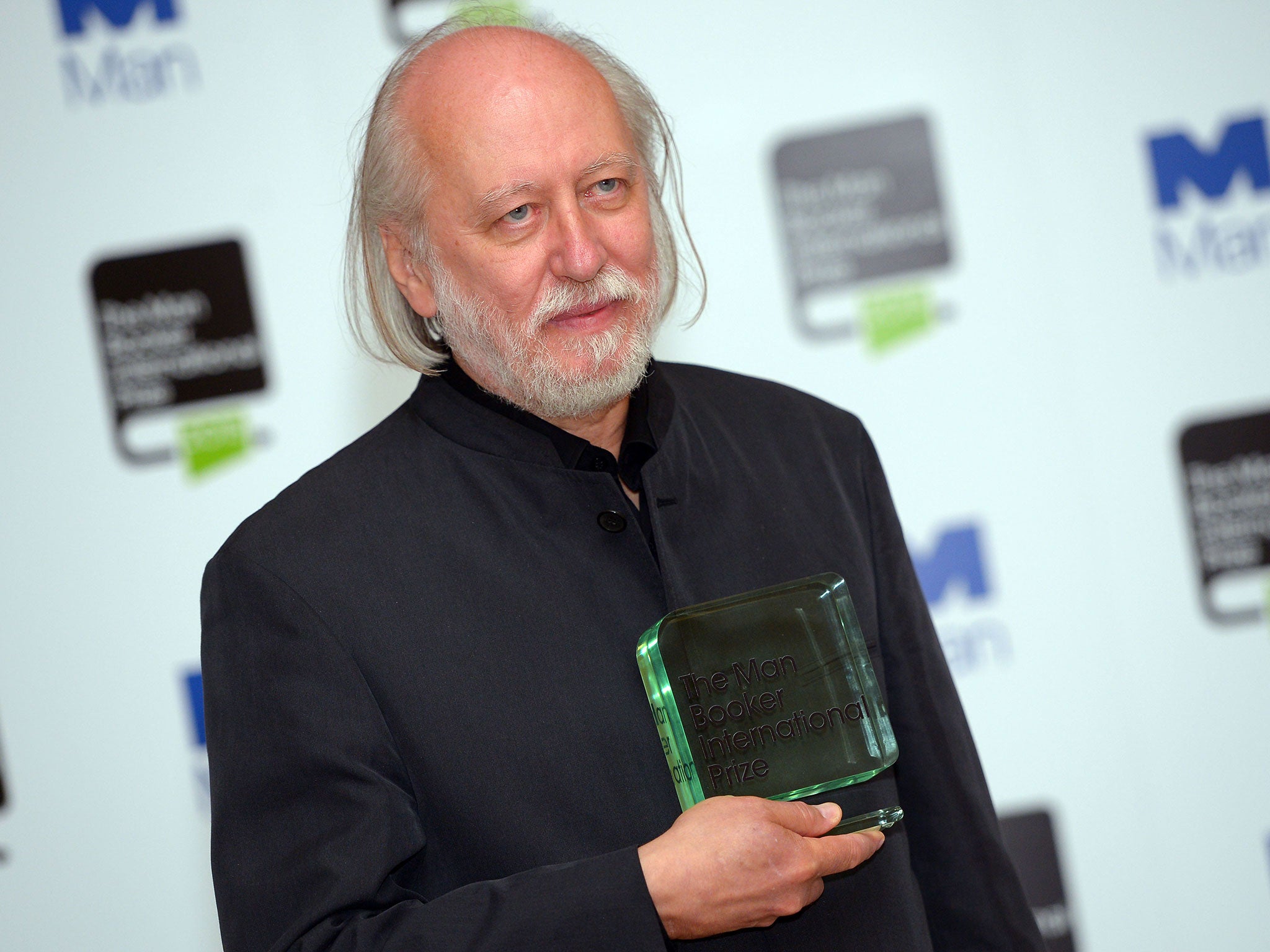Novels written from female perspective far less likely to win awards than books offering a man's view of the world, says research
'The literary establishment doesn’t like books about women... Women’s voices are not being heard'

Novels written from the perspective of a woman are far less likely to win major literary awards than works offering a man’s view of the world, research by a female author has found.
After analysing the winning novels of six literary awards from the past 15 years, the British-American novelist Nicola Griffith concluded that books written by men about men or boys were far more successful than those written by either sex and offering the point of view of women or girls.
She said only two Man Booker-winning novels had been written by women from a female perspective between 2000 and 2014, compared with nine Booker winners written by men about men or boys. In that time no novel by a man about women had won the Booker, while on three occasions female authors had won the award by writing from a male perspective.
The Pulitzer Prize’s record, Griffith claimed, was even worse. She said that between 2000 and 2015 eight novels written by men about males had won, but not a single Pulitzer-winning novel had featured a predominantly female perspective.
In a blog about her results, the author of critically acclaimed novels including Hild and Ammonite, wrote: “For the prize that recognises ‘the most distinguished fiction by an American author’, not a single book-length work from a woman’s perspective or about a woman was considered worthy.”
With the winner of the Baileys Women’s Prize for Fiction due to be announced tonight, Kate Mosse, the best-selling author who co-founded the award in 1996, said she was not surprised by Griffith’s findings.
“When we did research on this in 2001, we found that books by women with a female central character were seen as ‘special interest’, while books by men with a male lead character were regarded as literature with a capital L.
“The literary establishment doesn’t like books about women... Women’s voices are not being heard.”
Join our commenting forum
Join thought-provoking conversations, follow other Independent readers and see their replies
Comments